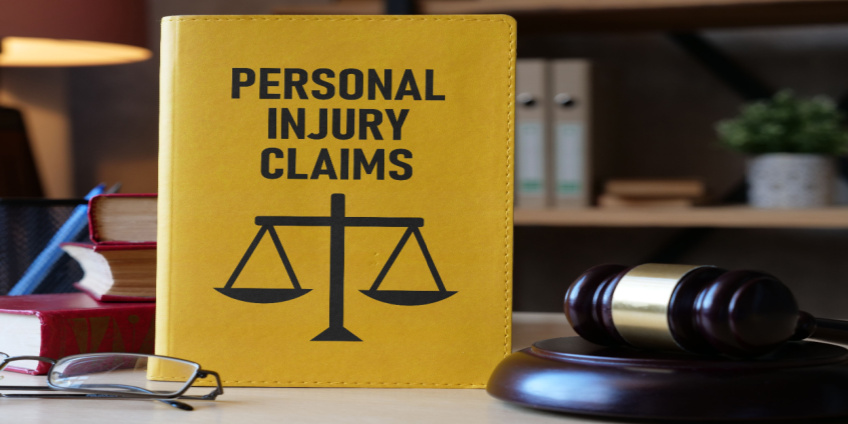Miami
Hialeah
Houston
- (305) 261-7000
- HABLAMOS:
 Español
Español
 Español
Español

Earlier in 2023, Florida’s governor Ron Desantis signed into law a tort reform bill. This bill reduces the time an individual can file a suit, gives insurers a 90-day grace period for bad faith claims, reduces potential recoveries in personal injury suits, and drastically alters how personal claims are managed in the Sunshine State.
It is crucial to stay informed of these changes as they can drastically affect the filing of your claim. Please consult a personal injury lawyer to ensure you're making the right decisions.
This reform bill officially establishes a deadline for filing a personal injury lawsuit. Although Florida already has a two-year statute of limitations for medical malpractice and wrongful death lawsuits, the new law also reduces the time for filing a personal injury claim from four to two years. These transformations further urge personal injury victims to submit their claims and speak with a lawyer immediately.
The 2023 law also changes the standard to what is known as "modified comparative negligence." in apportioning jury awards in personal injury claims. Before this law, Florida courts followed the standard of "pure comparative negligence."
In the past, under the comparative negligence standard, the jury decided if they would award compensation to the plaintiff and then determined whether the defendant and plaintiff shared responsibility. If they did, they assigned a percentage of liability to both parties involved. After this, the compensation was adjusted to the plaintiff's share of fault for the injury. However, in a pure comparative negligence system, a plaintiff ruled to be 99% at fault would still receive 1% of the jury award. Under the newly modified comparative negligence system, if the jury finds a plaintiff more than 50% at fault for the injury under consideration, they aren't eligible to recover damages for it.
The new law requires evidence of damages already paid for past medical care. It must reflect the amount paid. As most people know, the plaintiff's medical expenses, both present and after the accident, are significant in an injury claim case. Something being considered here is how medical expenses can increase and be higher after all the treatment. The statute also provides various examples of evidence that can be provided to establish proof of damages and costs.
The 1982 statute relating to Bad Faith lawsuits in Florida created a statutory cause of action for Bad Faith, which applied to first—and third-party claims. Bad Faith claims generally accuse the insurer of failing to promptly investigate or process a policyholder's claim, which will be considered a failure to fulfill its contractual obligations. The new statute states that it cannot be considered Bad Faith if an insurer determines a claim and pays the maximum allowed by policy or the demanded amount within 90 days of the claim notice. Furthermore, this law also states that the insurer's negligence isn't Bad Faith. It requires the insured and their legal representation to "act in good faith in furnishing information regarding the claim, in making demands of the insurer, in setting deadlines, and in attempting to settle the claim."
If you have suffered a personal injury, do not hesitate to call or visit us at either of our locations in Miami or Hialeah. Due to constant changes in the laws surrounding personal injury claims, our team at Gallardo stays informed to provide the best legal assistance to our clients. Our lawyers will be attentive to detail and ensure you receive the money you deserve. Please get in touch with us today to get the support you need and success in your case at (305) 261- 7000.